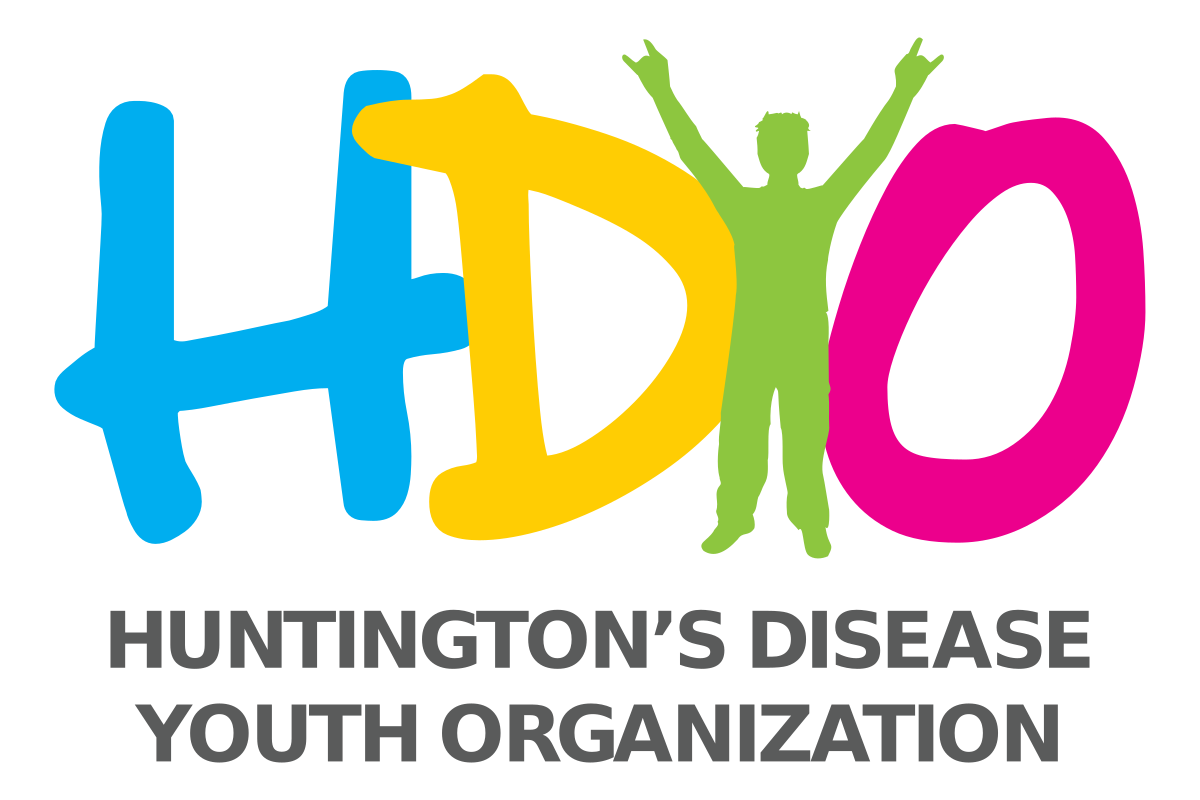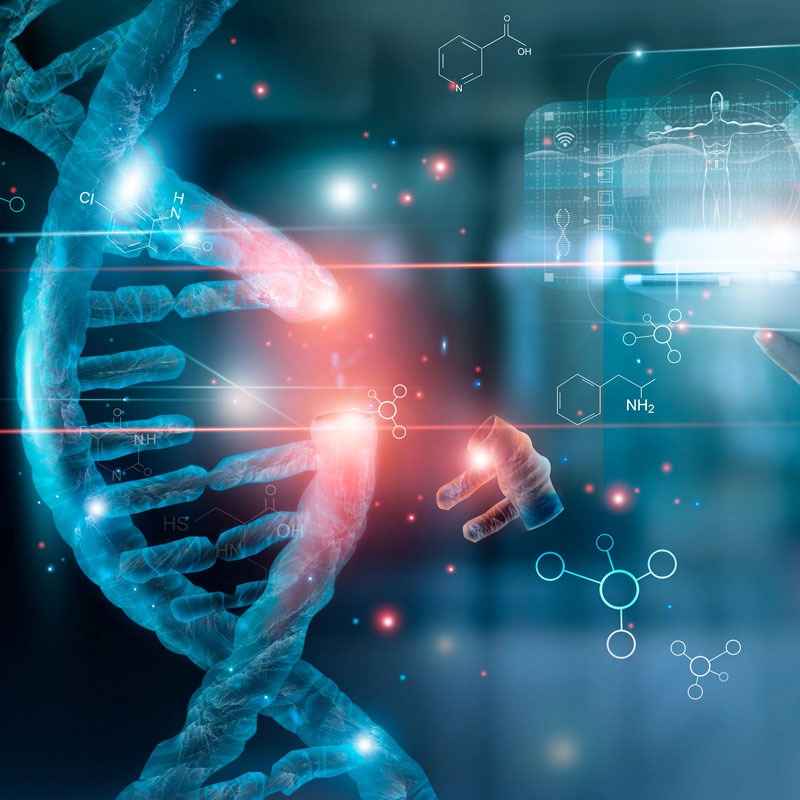The Impact of Trauma
November 09, 2024

HDYO has more information about HD available for young people, parents and professionals on our site:
www.hdyo.org
*Reviewed by Education and Research Committees 2024
When working with young people impacted by Huntington's Disease (HD), it’s essential to understand the emotional and psychological challenges they may face. Trauma, particularly originating from childhood or adolescence, adds a layer of complexity to their journey.
The Effects of Trauma on Young People’s Behavior
Young people impacted by trauma often experience emotional and behavioral responses that can shape their journey into adulthood. The trauma may stem from various sources, including the instability of growing up in an environment where one or more family members are affected by HD. Witnessing the physical and mental decline of a loved one, along with the uncertainty of their own potential diagnosis and future, can lead to:
- Anxiety and Hypervigilance: Constant fear of what might happen next can cause a young person to develop heightened anxiety. They may become overly cautious or withdrawn and display avoidance behaviors.
- Difficulties in Emotional Regulation: Trauma can make it challenging for young people to manage their emotions, leading to frequent mood swings, irritability, or outbursts.
- Dissociation and Detachment: To cope with trauma, some young people may emotionally distance themselves from others, making it difficult to engage with peers or caregivers.
- Impulsivity and Risky Behaviors: In response to unresolved trauma, young people might act out through impulsive decisions or risk-taking behaviors, trying to assert control over their lives.
- Cognitive Challenges: Constant worries or fear can increase stress levels and decrease sleep leading to trouble with focus and concentration.
Coping Mechanisms and Reactions to Trauma
Coping strategies for young people impacted by trauma vary. Some may attempt to avoid thinking about the trauma by withdrawing from social situations or engaging in harmful behaviors, such as substance use. Others may develop coping mechanisms such as perfectionism or people-pleasing tendencies to gain control over unpredictable situations. You may find more information about coping mechanisms here.
Trauma can also disrupt a young person’s ability to form trusting relationships. This can complicate their ability to access emotional support during their HD journey. This isolation can intensify feelings of fear and helplessness, compounding their trauma and leading to additional mental health concerns, such as depression or anxiety disorders.
Trauma Can Lead to Symptom Searching
There are similarities between the impacts of trauma on young people to those symptoms associated with HD. Those who understand their risk or have tested positive can begin to track what they feel are “symptoms” of HD which can cause added trauma and stress. It’s important for young people and professionals to be cautious when making any quick or rushed conclusions of symptoms being present.
Challenges of Pushing for Genetic Testing Too Soon
If a young person begins exhibiting behaviors or symptoms associated with trauma, it may raise concerns about the onset of HD. However, pushing them to undergo genetic testing too soon, particularly when they are still navigating the psychological effects of trauma, can have serious drawbacks:
- Premature Psychological Distress: The fear of testing positive for HD may exacerbate existing trauma-related anxiety. A young person still processing past trauma may not be emotionally equipped to handle the potential results, leading to a breakdown in mental health.
- Misattribution of Symptoms: It’s easy to misinterpret trauma-related symptoms as HD-related, especially since the two can overlap. If the underlying trauma isn’t addressed first, the testing process can further complicate the young person’s emotional well-being, leaving them with more questions than answers.
- Strain on Identity and Coping Mechanisms: For many young people, their coping mechanisms are fragile and connected to their sense of identity. Forcing testing may disrupt these mechanisms and destabilize their ability to cope with both trauma and potential genetic findings.
Supporting Young People Impacted by Trauma and HD
Addressing trauma in young people impacted by HD, involves providing trauma-informed care. This should prioritize their emotional needs, while offering them a safe space to process both their past and present experiences. A gradual, compassionate approach to genetic testing is advised, ensuring the young person has adequate emotional support in place. Professionals should approach each individual with sensitivity, ensuring the young person’s trauma is acknowledged and treated. This trauma-informed approach enables them to build resilience, regardless of their genetic status.



